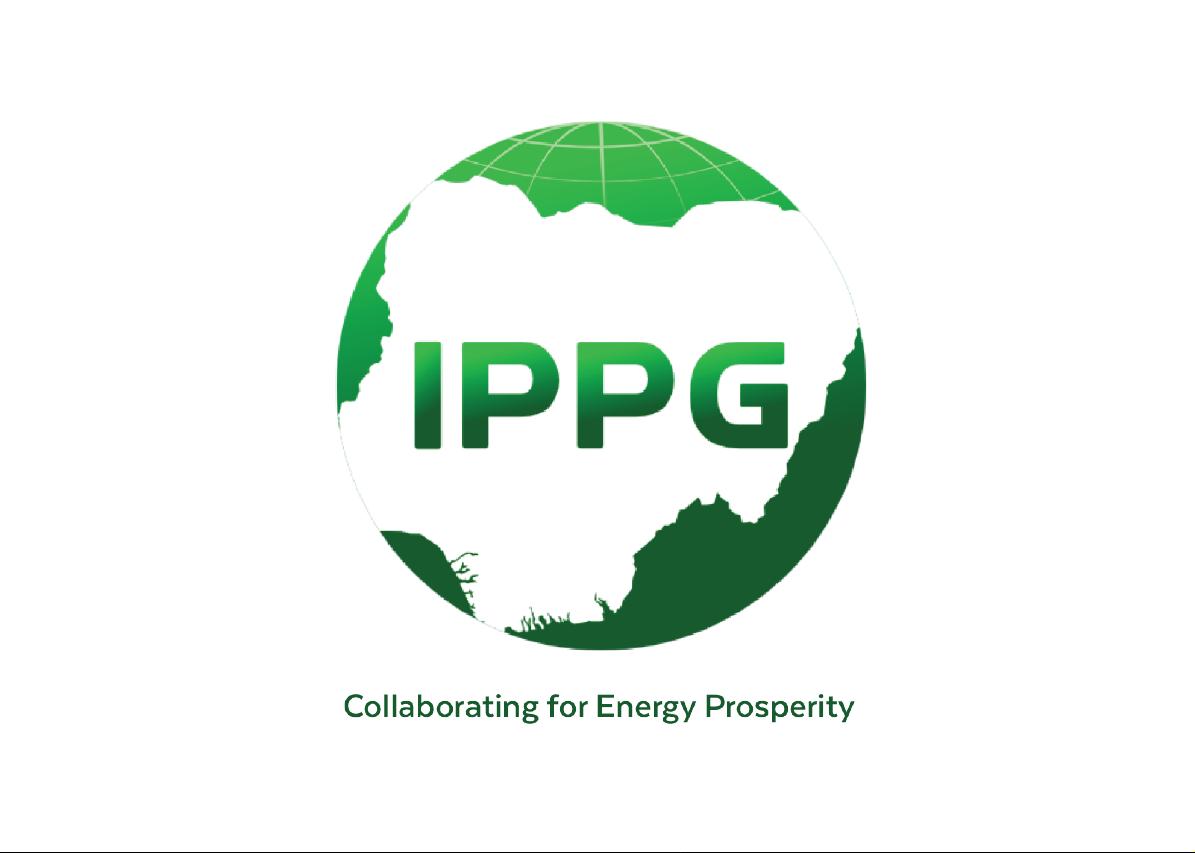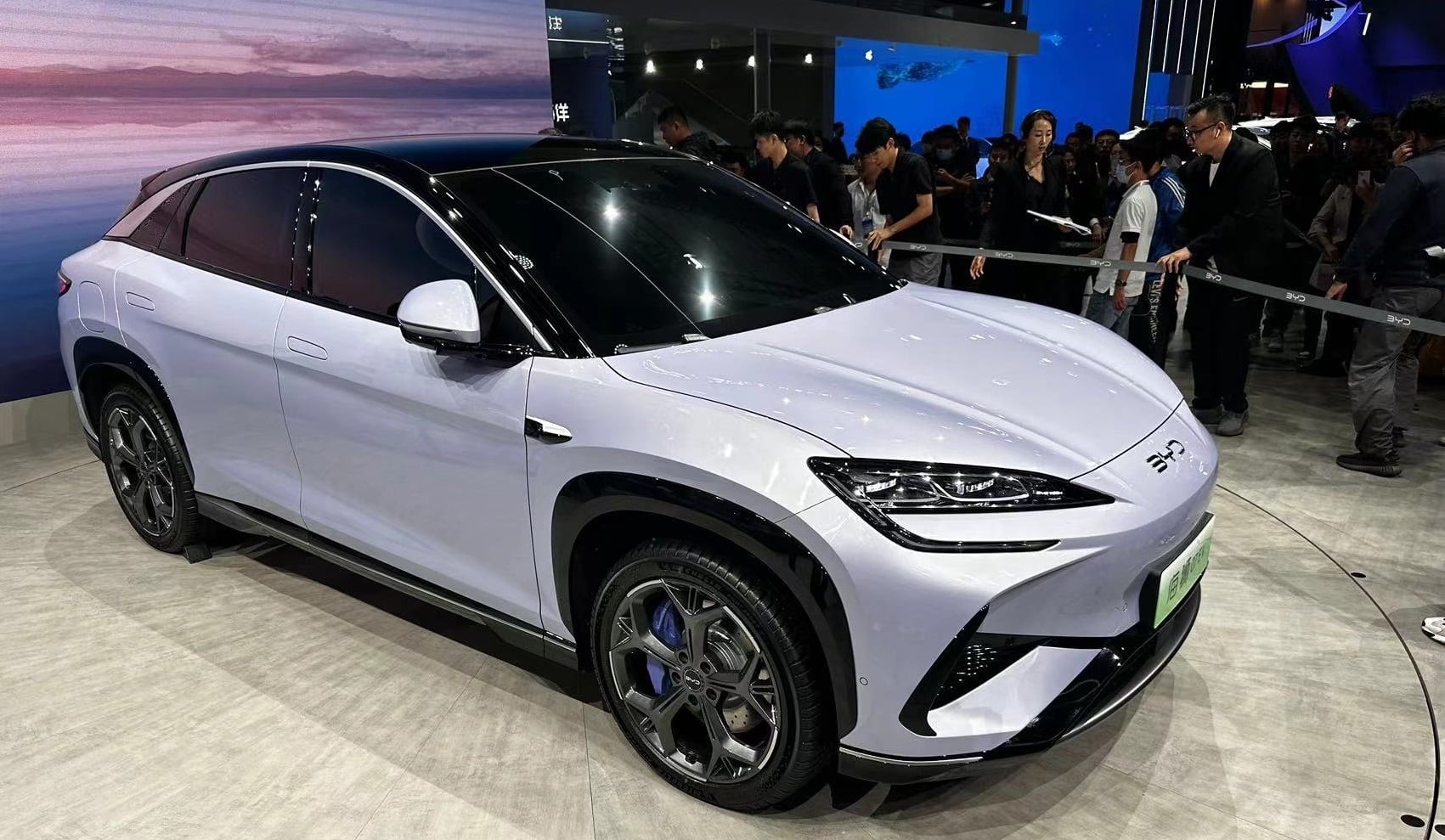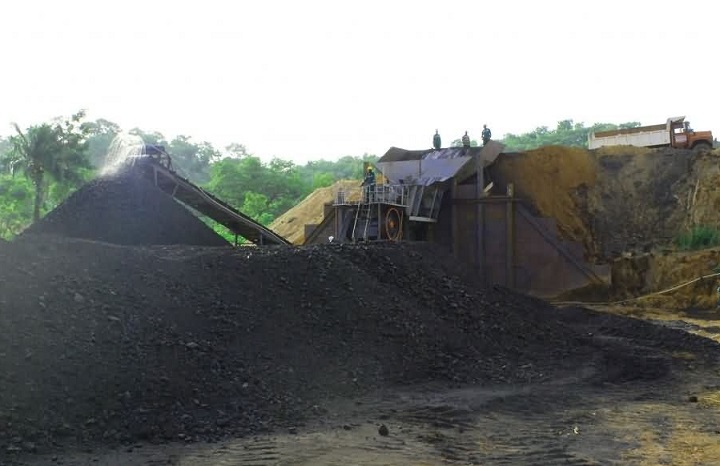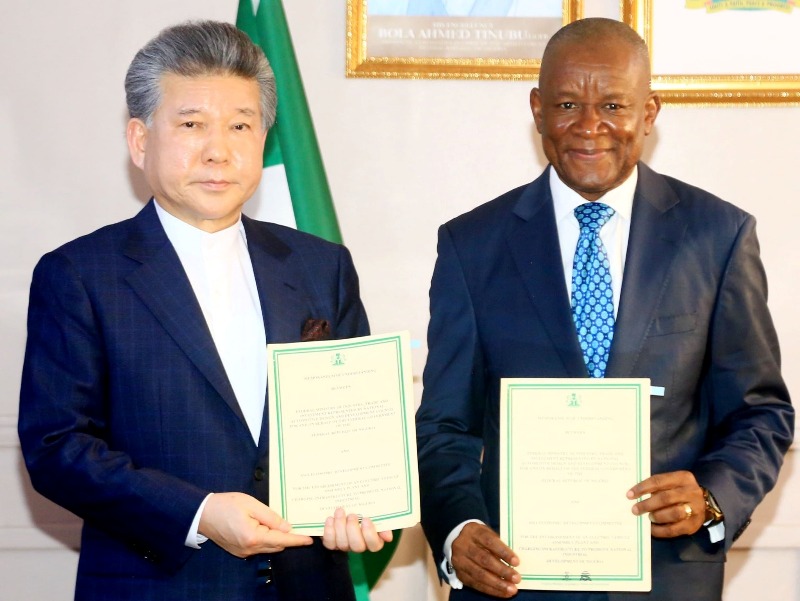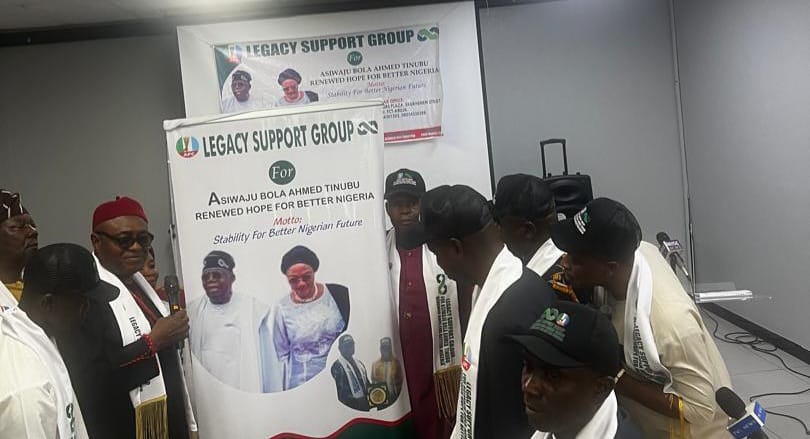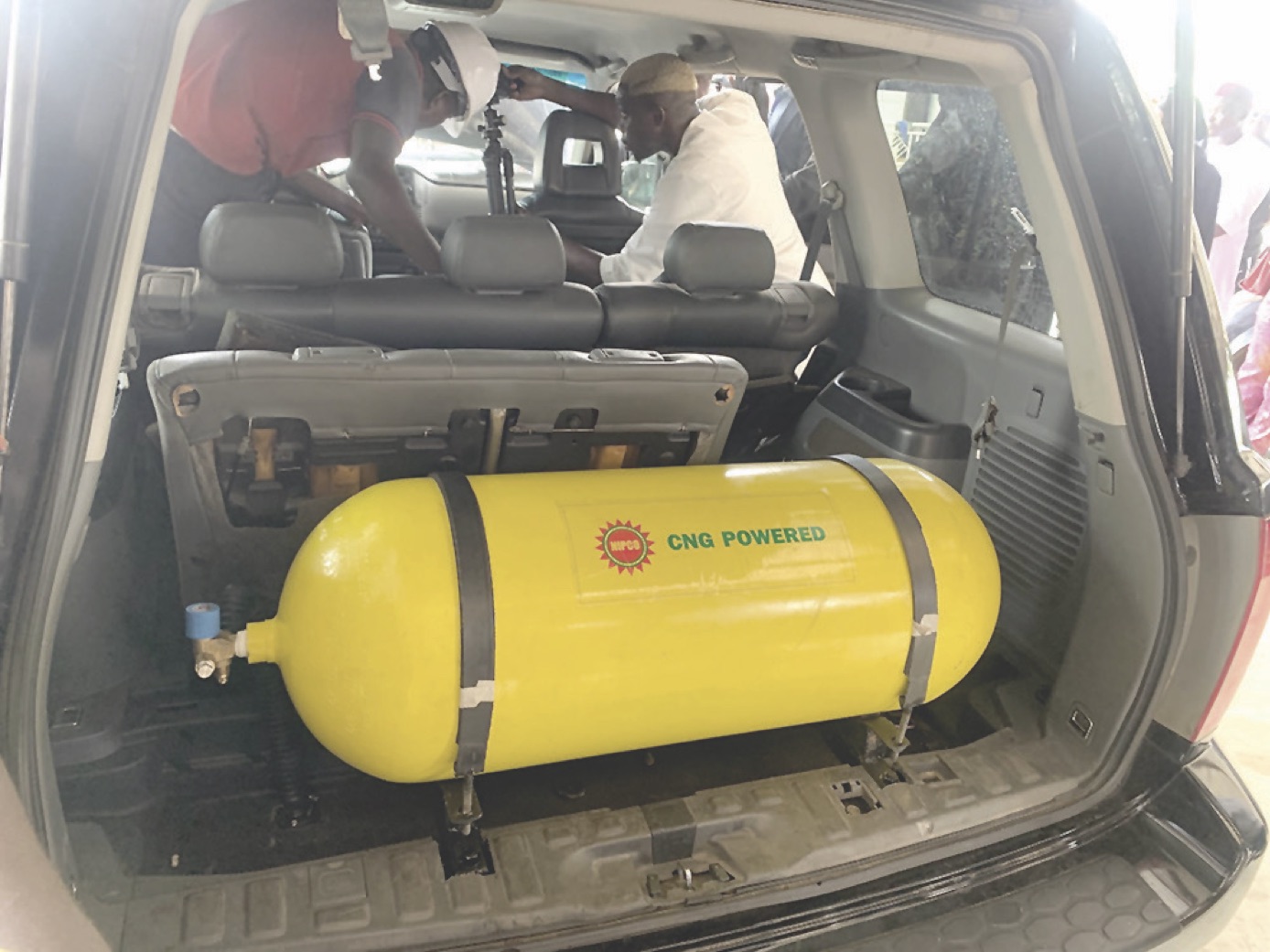
From Adanna Nnamani and Sola Ojo, Abuja
Despite the soaring cost of premium motor spirit (PMS), commonly known as petrol, not many drivers seem to be embracing compressed natural gas (CNG), which is 70 percent cheaper, as an alternative fuel for their vehicles in Nigeria.
The Federal Government introduced CNG as a cheaper and cleaner alternative for Nigerians after President Bola Tinubu declared fuel subsidy gone during his inaugural speech in 2023, which led to the price of petrol skyrocketing.
The Federal Government has since then announced several initiatives to encourage the adoption of CNG, including offering free conversions for unionized commercial vehicles, subsidizing CNG conversions for e-hailing taxis, and providing loans to individuals to facilitate access.
Despite these efforts, many Nigerians remain reluctant to embrace the concept, citing concerns such as safety, the high cost of conversion, and the limited availability of CNG filling stations, among other factors.
One of the most significant roadblocks to the mass adoption of CNG in the country is its safety. Though natural gas is a safer fuel when used correctly, its flammability and the high-pressure storage systems required to contain it have raised public concerns about potential leaks and explosions.

High-profile accidents involving CNG vehicles, such as the recent one in Edo State, where three people lost their lives, though rare, have also worsened fear and resistance. These concerns are heightened by lack of proper awareness and training on how to safely manage CNG vehicles.
Another stumbling block is the inability of many car owners to afford the cost of conversion. Conversion costs typically between N700,000 and N1.5 million in the country at the moment. Some drivers who expressed their wish to convert their vehicles stated that the cost of conversion was holding them back.
Also, there is the problem of adequate refuelling infrastructure. Although the number of CNG stations is growing, it remains insufficient in many areas, especially in rural or less-densely-populated regions. In big cities such as Lagos and Abuja, where most CNG vehicles are likely to be found, the availability of refuelling stations still lags far behind petrol and diesel options.
This limited infrastructure, vehicle owners fear, may present serious inconveniences when they convert to CNG, as they may find themselves unable to find a nearby filling station or face long wait times at existing locations.
Explaining why he is yet to adopt the CNG for his business, an e-hailing taxi driver in Abuja, Desmond Great, said: “I understand that CNG is cheaper and cleaner for the environment, but the safety concerns are too much for me to overlook. The recent accident in Edo State has made me even more reluctant. Until I see better safety records and more awareness around the technology, I will stick to my regular petrol car.”
A journalist in Abuja, who did not want his name mentioned, said: “If the government is truly serious about encouraging Nigerians to embrace CNG, they should lead by example. They should convert all the vehicles used by public officials. The President should convert his vehicles, the Vice President should convert, as well as the Senate President, the Speaker, and all other key officials. Then people will begin to trust CNG and adopt it. Right now, there is still a huge lack of confidence in it.”
Another cab driver, John Imoh, explained that a lot of drivers are hesitant to adopt CNG because they do not own the cars they drive. He also raised concerns about the potential for CNG prices to rise as demand increases.
“Many drivers do not own the cars they operate, so they cannot decide to convert, unless the car owners approve.
“Besides, I’m worried that once more people start using CNG, the price could go up, and it might end up being just as expensive as regular fuel. Imagine spending so much to convert in order to save cost only for the price of the product to also increase.”
Suggesting a way forward, Imoh said: “I think the government should consider the current state of the nation and make the conversion free for everyone. Most Nigerians simply can’t afford it. Even with the subsidy for us drivers, which they said will bring the cost down by half, how many of us can afford N600,000 or N700,000?”
“If they can make it so that each household is entitled to convert one car for free, it would go a long way in encouraging many people to accept CNG.”
A motorist living in Kaduna, AbdulAziz Abdulkadir, questioned the safety, availability and affordability of the conversion kits and cylinder itself, saying, “For me, the conversion cost is something else. I will rather add to it and get another car. Looking at it again, if I convert it today, how do I refill easily while in transit?
“With petrol, when you are out of fuel, all you need to do is look forward to a fuel station to fuel your car and continue with your journey. This CNG is not like that. You must go to a particular place, which may not be on your route.
Yerima Shettima, president of Arewa Youth Consultative Forum, shared similar concerns: “I do not have any intention to convert my car to CNG now because we are yet to be adequately informed about the safety and otherwise of CNG.
“You are aware of the recent alleged CNG explosion. So, to me, there is the need for aggressive awareness campaigns on why Nigerians should opt for it,” he said.
Shettima stressed the need for affordable conversion charges, “the conversion charges should also be made very affordable considering the current economic realities in the country”.
Meanwhile, alleviating these fears, managing director of a private conversion centre located at Marafa Estate, Kaduna, Kaduna State, Ahmad Muhammed, shed more light on the issue.
“We set up this place about a year ago. The CNG as a source of energy has been around for a while, though gaining prominence in recent times when the Federal Government launched an initiative around it”, he said.
Mohammed lamented that awareness about CNG was poor despite daily inquiries from about 15 persons, “people are showing interest, not just because of the high cost of petrol but because CNG is safer than liquefied petroleum gas (LPG).
“You see, when we talk about gas, many people only know about LPG. CNG is inflammable; it does not explode. Even if there’s leakage in the valve, it does not explode or catch fire,” he said.
He explained that vehicles converted to CNG run on dual energy sources: petrol and CNG. “You can switch between the two energy sources just by pressing a button on your dashboard.
“That is for manual vehicles. For automatic vehicles, it switches automatically once the vehicle is out of CNG. After conversion, there will be brain box programming, which we call Electrical Control Unit”, he said.
Mohammed disclosed that conversion costs vary: “A four-cylinder automatic engine costs N1.2 million with a 60-litre cylinder. However, the government is subsidizing the kits to make it affordable.
“With subsidy, a four-cylinder engine costs N600,000. Without subsidy, it costs between N1.2 million and N1.3 million, depending on the brand of the car.”
He addressed safety concerns, citing improper kits manufactured locally for LPG cylinders saying “CNG has about 45 percent water capacity in the cylinder, while LPG is fully gas. Also, pressure of CNG is about 200 bar, while LPG is less than 20 bar.”
Mohammed added that CNG was measured in cubic metres, not litres or kilogrammes, like petrol or LPG.
“One cubic metre is N455 at independent marketing firms and N245 at government trail stations like NIPCO. The good thing is that one cubic metre is equivalent to two litres of petrol.
“One cubic metre can cover 15 kilometres, while two litres of petrol can cover 14 kilometers. So, I think the government means well for Nigeria and I believe that it will take a long time for the CNG price to go up,” he said.
However, a motorist, Dannie Agbo, who shared his positive experience using the technology, said: “So far, I have no regrets whatsoever converting my car to CNG. Before now, I spent over N50,000 on petrol from my house to work on a weekly basis, but, currently, I do not spend up to N20,000. It has really saved me a lot of money.”
Another motorist who just converted his car, Abubakar Tijjani, said, “I just had the car converted. I was told to test run it in case I discovered unusual things.
“So, I’m back at the factory. I think it is okay. I only noticed a slight change in the sound of the car, which I was made to understand was because I changed the car engine, which is correct.
“As it is, I may not be able to comment on its economic value until probably after I may have exhausted the CNG in the cylinder”, he said.


